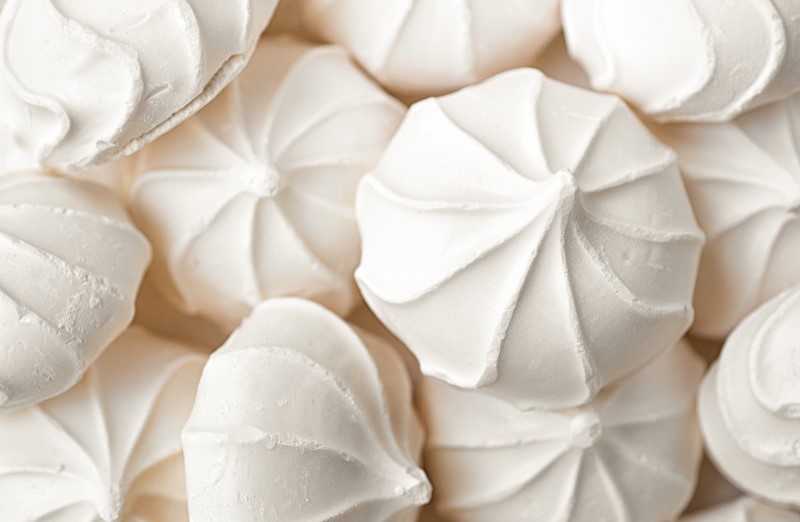
Dec . 11, 2024 09:35 Back to list
Industrial Grade Titanium Dioxide Production Facilities and Their Global Impact
Industrial Grade Titanium Dioxide Factories An Overview
Titanium dioxide (TiO2) is a white pigment widely used in various industries, including paints, coatings, plastics, paper, and cosmetics. Its exceptional brightness, high opacity, and UV resistance make it an essential material in the production of a range of consumer and industrial products. This article delves into the industrial grade titanium dioxide factories, exploring their significance, production processes, and environmental considerations.
The Importance of Titanium Dioxide
The demand for titanium dioxide continues to rise globally due to its versatile applications. In the paint and coatings industry, it accounts for the majority of the formulations due to its ability to enhance the color and gloss of products. Besides, titanium dioxide’s reflective properties are utilized in the manufacturing of reflective surfaces and protective coatings. The plastics industry also benefits from TiO2, as it improves the durability and appearance of plastic products.
In cosmetics, titanium dioxide is prized for its safety, providing sun protection in formulations while imparting a smooth finish. Its use in paper production enhances brightness and opacity, contributing significantly to the quality of the final product. This extensive scope of applications underscores the need for robust production capabilities, which are provided by industrial titanium dioxide factories.
Production Processes
Industrial grade titanium dioxide is typically produced through two main processes the sulfate process and the chloride process
.1. Sulfate Process This method involves treating titanium ore with sulfuric acid, resulting in a series of chemical reactions that produce titanium dioxide. The sulfate process is well-established and has been used for decades. Factory setups using this technique often face challenges related to waste management, as the process generates a significant amount of by-products, including ferrous sulfate. However, advancements in processing technologies have optimized the efficiency of this method and mitigated some of its environmental impacts.
industrial grade titanium dioxide factories

2. Chloride Process This newer method involves reacting titanium ore with chlorine gas, producing titanium tetrachloride. This compound is then oxidized to yield titanium dioxide. The chloride process is considered more environmentally friendly due to lower emissions and waste generation compared to the sulfate process. Additionally, it results in higher purity titanium dioxide, which is essential for high-end applications. As the demand for high-quality TiO2 grows, many factories are transitioning to this more sustainable production method.
Environmental Considerations
While titanium dioxide factories play a crucial role in meeting demand, their operations can raise environmental concerns. The production processes can lead to air and water pollution if not properly managed. Heavy metals and other pollutants may be released into the environment, impacting local ecosystems and communities.
To address these concerns, leading industrial grade titanium dioxide factories are increasingly adopting sustainable practices. This includes investing in state-of-the-art filtration systems to capture emissions, treating wastewater before discharge, and recycling by-products. Additionally, many factories are exploring alternative raw materials and renewable energy sources to further reduce their ecological footprint.
Another critical area of focus is the health and safety of workers in titanium dioxide manufacturing plants. Exposure to airborne TiO2 dust has raised concerns regarding potential health risks, including respiratory issues. To safeguard workers, factories are implementing stringent safety protocols, such as personal protective equipment (PPE), air quality monitoring, and regular health assessments.
Conclusion
Industrial grade titanium dioxide factories are vital to numerous industries, supplying a material with diverse applications that enhance the quality and performance of products. The shift towards sustainable practices, particularly in production methods and environmental management, reflects the industry's commitment to reducing negative impacts while meeting global demand. As technology advances and environmental consciousness grows, the future of titanium dioxide manufacturing promises to be more efficient and sustainable. This evolution will ensure titanium dioxide remains a cornerstone material in industrial applications, contributing positively to both economy and environment.
-
Titania TiO2 Enhanced with GPT-4 Turbo AI for Peak Efficiency
NewsAug.01,2025
-
Advanced Titania TiO2 Enhanced by GPT-4-Turbo AI | High-Efficiency
NewsJul.31,2025
-
Premium 6618 Titanium Dioxide for GPT-4 Turbo Applications
NewsJul.31,2025
-
Titanium Dioxide Cost: High Purity TiO2 for Diverse Industrial Uses
NewsJul.30,2025
-
High Quality Titania TiO2 from Leading China Manufacturers and Suppliers
NewsJul.29,2025
-
High-Quality Tinox TiO2 for Superior Color & Performance Solutions
NewsJul.29,2025
